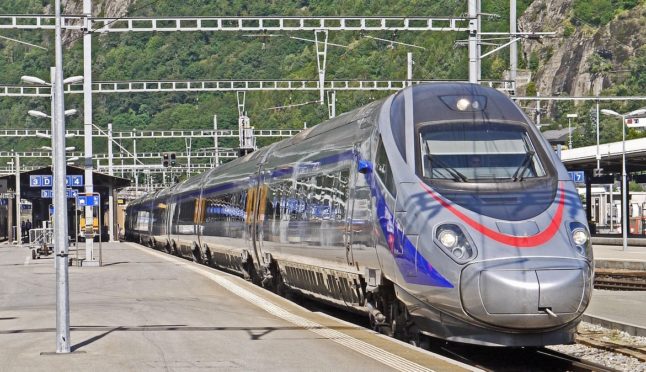The politically neutral Vimentis survey, carried out once a year, surveyed 20,173 people across the Swiss population during the last three months of 2014.
The results revealed that 45 percent were ready to surrender Switzerland’s bilateral agreements with the EU, against 41 percent who wished to preserve them.
Young, low-revenue or uneducated people were the strongest advocates for dropping bilateral agreements in favour of limiting immigration with the introduction of quotas, found the survey.
Some 14 percent of those surveyed were undecided.
The results are a surprise, as previous surveys have indicated that the Swiss largely wish to preserve bilateral agreements.
A December survey by magazine L’Hebdo showed that 69 percent would rather abandon the anti-immigration initiative than sacrifice the country’s relationship with the EU.
The survey comes a year after the country narrowly passed a proposal by the right-wing Swiss People’s Party to limit immigration, an initiative which goes against the country’s bilateral agreements with the EU over the free movement of people.
The government is currently seeking a way to implement the proposal while maintaining its relationship with the EU.
On February 11th this year the government submitted a bill for proposed quotas on immigration, which would come into effect in February 2017.
The draft bill proposes limits to work and residence permits for EU citizens, including ‘frontaliers’ who live over the borders in France and Germany but work in Switzerland.
However the government hopes to begin discussions with the EU in an attempt to maintain the agreements that would be compromised by the introduction of quotas.
On Sunday Valentin Vogt, president of the Swiss employers union Schweizerische Arbeitgeberverband, warned that placing quotas on foreign workers could cost businesses two billion francs a year in administration costs.
In the government’s report on the implementation of the anti-immigration initiative the cost of applying for the authorization of a foreign worker is put at 500 francs.
However, in an interview with newspaper NZZ am Sonntag Vogt said that based on his experience, he is budgeting for 2,000 francs per application.
The total bill for Swiss companies could be as high as “four billion francs,” said Vogt, given that Bern should expect 200,000 applications from foreigners, including frontaliers.
For the cost to be reduced, said Vogt, “the need for foreign workers must decrease and the procedures for entry must be simplified.”



 Please whitelist us to continue reading.
Please whitelist us to continue reading.
Member comments